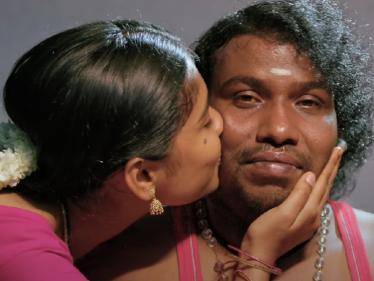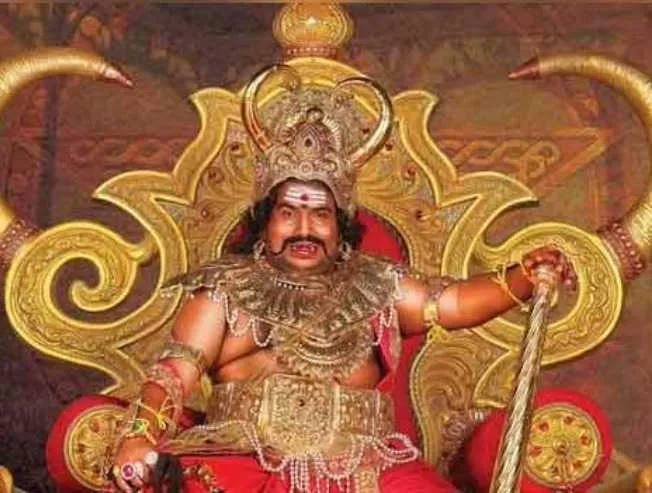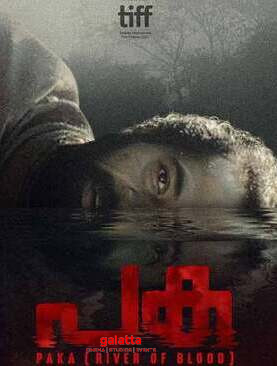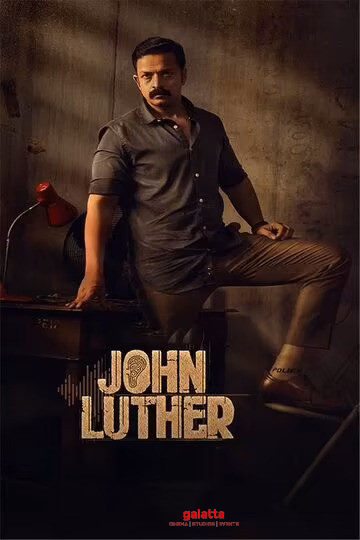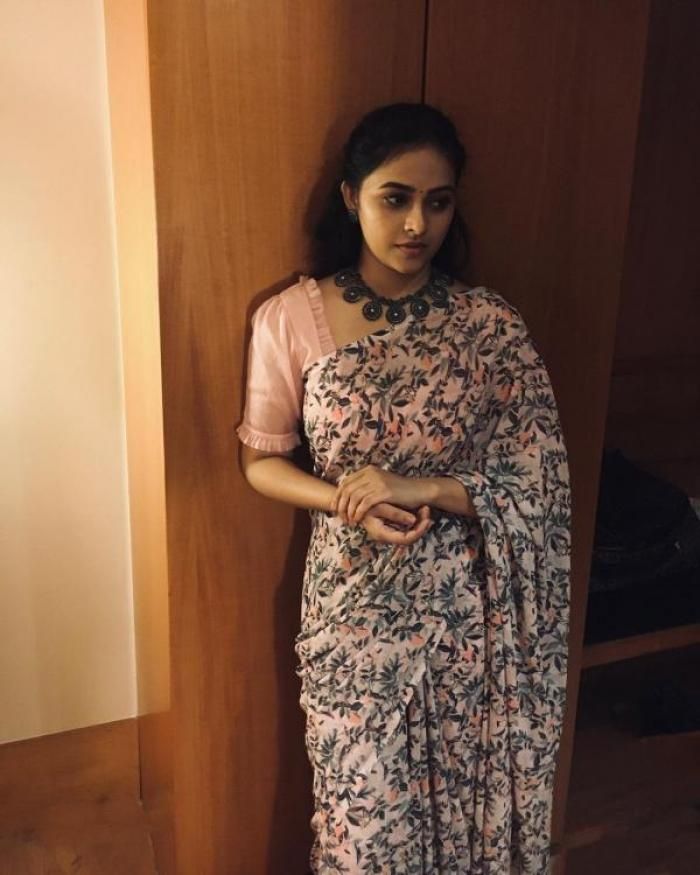Panni Kutty Movie Review (2022)
Anucharan's disappointing 'Panni Kutty' is a satire on superstition with just a few mild laughs
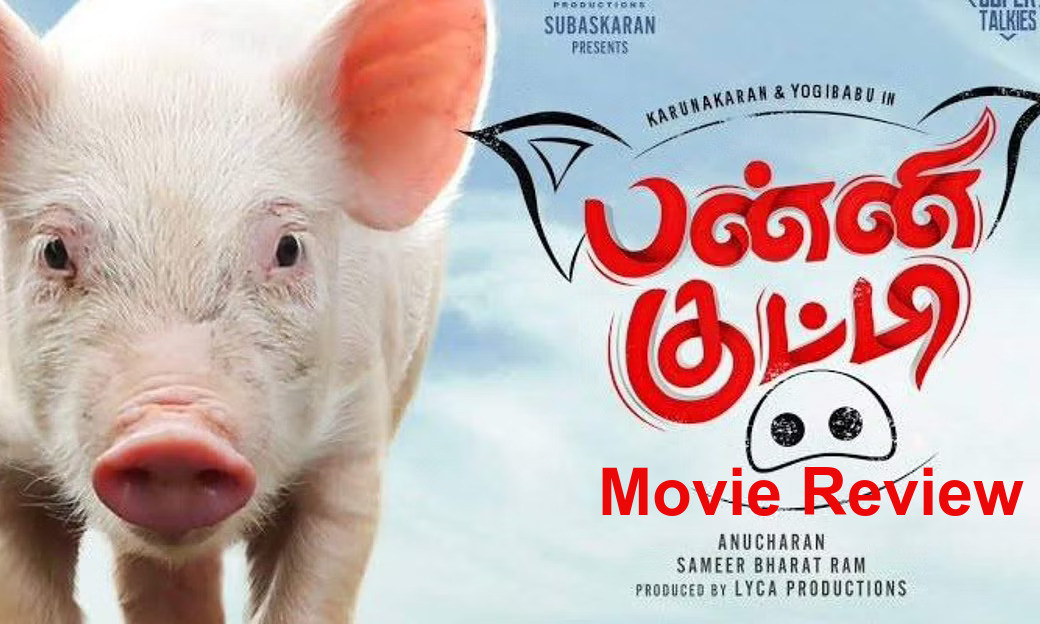
Panni Kutty Movie Cast & Crew
You may remember Anucharan from his superb first film, Kirumi, which he co-wrote with M Manikandan. It was one of the earliest “ordinary man versus the System” stories, and this story was narrated from a very unusual and very interesting angle. Anucharan’s new film – again co-written with Manikandan – is called Panni Kutty. And yes, it is about a panni kutty, a piglet, which is a stand-in for the central theme. And that's the fact that we still choose to believe in superstitions. So again, like in Kirumi, we have a familiar premise, but narrated from a very unusual and very interesting angle.
But this time, it doesn't work. Karunakaran plays the protagonist, a man for whom nothing is going right. His introduction scene has him describing his father as a man who never worked for a living. He says that it was his mother who always encouraged him. These are minor character traits that never come back in the film in any meaningful way. There is an element of randomness throughout Panni Kutty, and not in a nice way.
To make his life better, our protagonist finds himself following the orders of a godman. And a little later, we meet Yogi Babu, whose situation is similar – in the sense that he, too, is made to do something "irrational", like the godman’s orders. The film is a satire on superstition, and it tries a number of types of comedy. There's the slapstick we see in a police station or when a TV set falls on someone. There are lines with rhyming words: like "mattamana aalu" and "mutton". There are visual gags. And then, there is the absurd premise itself. We have heard of a wild goose chase. Here, we have a wild piglet chase.
It all sounds funny, and I am sure some of it must have sounded much funnier on paper. But the acting styles are off – sometimes loud, sometimes underplayed. The rhythms, pacing, staging – they don't add up to a cohesive experience. The scenes look like bits and pieces patched together. By the end, the messages are actually articulated – as if we could not have guessed them from earlier. And even at two hours, the film seems stretched. There are a few mild laughs, but the main takeaway is how true the old showbiz statement is: dying is easy, comedy is hard.
About Author

Baradwaj Rangan
National Award-winning film critic Baradwaj Rangan, former deputy editor of The Hindu and senior editor of Film Companion, has carved a niche for himself over the years as a powerful voice in cinema, especially the Tamil film industry, with his reviews of films. While he was pursuing his chemical engineering degree, he was fascinated with the writing and analysis of world cinema by American critics. Baradwaj completed his Master’s degree in Advertising and Public Relations through scholarship. His first review was for the Hindi film Dum, published on January 30, 2003, in the Madras Plus supplement of The Economic Times. He then started critiquing Tamil films in 2014 and did a review on the film Subramaniapuram, while also debuting as a writer in the unreleased rom-com Kadhal 2 Kalyanam. Furthermore, Baradwaj has authored two books - Conversations with Mani Ratnam, 2012, and A Journey Through Indian Cinema, 2014. In 2017, he joined Film Companion South and continued to show his prowess in critiquing for the next five years garnering a wide viewership and a fan following of his own before announcing to be a part of Galatta Media in March 2022.

